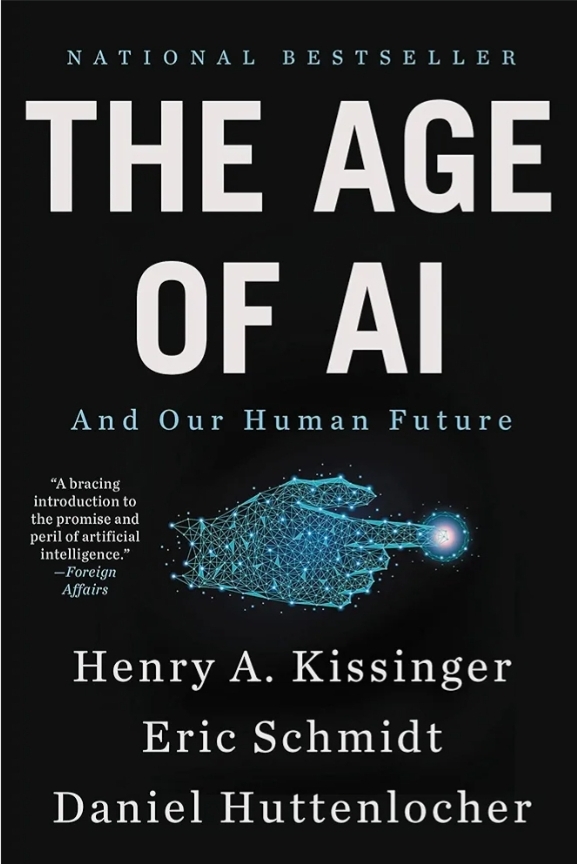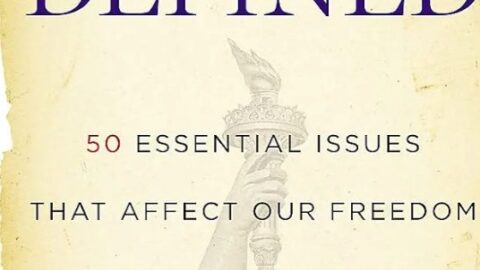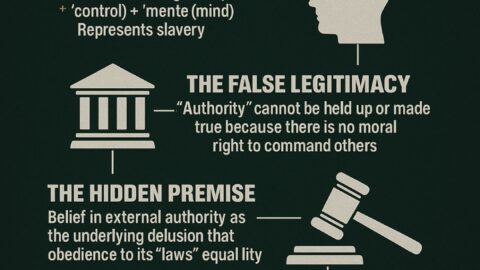By Henry A. Kissinger, Eric Schmidt, and Daniel Huttenlocher
Published: 2021
Overview
In The Age of AI: And Our Human Future, former U.S. Secretary of State Henry Kissinger, former Google CEO Eric Schmidt, and MIT Schwarzman College of Computing Dean Daniel Huttenlocher explore how artificial intelligence (AI) is transforming human society, governance, warfare, and ethics. The book provides a historical, political, and technological analysis of AI’s rapid advancement and the challenges it presents for the future of humanity.
The authors argue that AI is not just another technological innovation—it is a fundamental shift in human knowledge, decision-making, and global power structures. They warn that AI’s rise could alter the way humans understand reality, interact with each other, and make strategic choices, potentially leading to unforeseen risks and ethical dilemmas.
The Rise of AI: A New Era of Knowledge
The book begins by discussing how AI has surpassed traditional computing by moving beyond simple automation. Unlike previous technologies, AI doesn’t just follow human instructions—it learns, adapts, and makes decisions in ways that even its creators may not fully understand.
Key Takeaways:
- AI can analyze massive amounts of data and detect patterns beyond human comprehension.
- AI-driven machine learning and neural networks are making independent decisions, creating new knowledge systems that challenge human understanding.
- The way humans perceive reality is shifting, as AI-generated content (deepfakes, algorithmic newsfeeds) shapes our information environment.
Example: AI in Science and Medicine
- AI systems like DeepMind’s AlphaFold have solved complex biological problems, such as protein folding, faster than human scientists.
- AI accelerates drug discovery, diagnoses diseases, and personalizes treatments, revolutionizing healthcare.
Implication:
AI will soon redefine what “knowledge” means—humans may no longer be the sole creators of new ideas, as AI begins making discoveries on its own.
AI and Geopolitics: The Global Race for Dominance
The authors emphasize that AI is reshaping global power dynamics, with the United States and China leading the race. AI is becoming a strategic asset, much like nuclear weapons during the Cold War, but with even greater consequences.
Key Takeaways:
- Nations that dominate AI will control economic and military power in the 21st century.
- China has prioritized AI development, integrating it into surveillance, social credit systems, and autonomous warfare.
- The U.S. remains a leader in AI research, but faces competition from state-controlled AI initiatives in authoritarian regimes.
Example: AI in Warfare
- Autonomous weapons can make split-second kill decisions without human oversight, raising ethical concerns about warfare.
- AI-driven cyber warfare and misinformation campaigns can destabilize governments and manipulate public perception.
Implication:
AI could lead to a new kind of arms race, where nations develop AI-powered autonomous weapons, surveillance tools, and cyber-attack systems. If AI governance is not established, global conflicts could escalate unpredictably.
AI and Human Autonomy: Are We Losing Control?
A major theme in the book is how AI affects human autonomy, decision-making, and free will. As AI makes more decisions for us, humans may become increasingly dependent on automated systems, potentially losing their ability to think critically.
Key Takeaways:
- AI-driven recommendation algorithms (Google, Facebook, TikTok) influence what we see, read, and believe.
- AI’s ability to predict and manipulate human behavior can lead to mass psychological conditioning.
- Human decision-making is already being outsourced to AI, from self-driving cars to medical diagnostics.
Example: AI in Daily Life
- Social media platforms use AI to keep users engaged by showing content that aligns with their biases.
- AI-powered financial trading makes investment decisions faster than humans can react.
- Smart assistants (Alexa, Siri) anticipate needs, reducing the need for active decision-making.
Implication:
As AI becomes more embedded in daily life, humans risk becoming passive consumers, trusting AI to make decisions without questioning its logic. Will people remain in control, or will AI shape human behavior to an irreversible degree?
AI Ethics and the Loss of Human Values
The book warns that AI lacks morality, ethics, and human intuition—yet it is being given increasing authority over crucial decisions. This raises ethical concerns about how AI is used and who is responsible for its actions.
Key Takeaways:
- AI does not understand right and wrong—it only optimizes for efficiency and accuracy.
- Bias in AI systems can reinforce discrimination in hiring, policing, and social services.
- There is no global AI governance framework, leading to unregulated development.
Example: AI Bias in Policing and Hiring
- AI-based hiring tools have discriminated against women and minorities by favoring historical (biased) hiring data.
- AI-powered predictive policing disproportionately targets marginalized communities, reinforcing systemic biases.
Implication:
Without ethical oversight, AI could entrench inequality and injustice, automating discrimination at a massive scale.
The Future: How Humanity Can Coexist with AI
The authors propose strategies for ensuring AI remains beneficial to humanity, rather than a force that diminishes human control.
Key Recommendations:
Establish AI Governance and Regulation
- Global cooperation is needed to set ethical guidelines for AI use.
- Transparency in AI decision-making should be mandatory.
Preserve Human Autonomy
- AI should enhance human decision-making, not replace it.
- People should be educated about AI biases and risks.
Create a New Human-AI Partnership
- AI should be designed to work alongside humans, rather than independently.
- Ethical AI development should prioritize human values and well-being.
Final Thoughts: The Uncertain Future
Kissinger, Schmidt, and Huttenlocher acknowledge that AI is inevitable, but they warn that humanity must act now to ensure AI serves human interests rather than corporate or authoritarian control.
Final Warnings:
- AI will alter how humans think and perceive reality—education must prepare people for this shift.
- Unregulated AI could lead to loss of privacy, autonomy, and even democracy.
- The AI arms race could destabilize global politics unless governance frameworks are created.
Final Hope:
If AI is developed responsibly, it could solve complex global problems, such as disease, poverty, and climate change.
AI and humans must work together, balancing efficiency with ethics and human intuition.
Conclusion: A Must-Read for the AI Age
The Age of AI: And Our Human Future is a thought-provoking and urgent book that examines the profound impact of AI on society, politics, and human nature.
It challenges readers to consider the ethical, political, and existential risks AI poses, while also offering practical recommendations for a responsible future.
Whether you are a tech enthusiast, policymaker, or concerned citizen, this book is essential reading for understanding the new AI-driven world we are rapidly entering.







